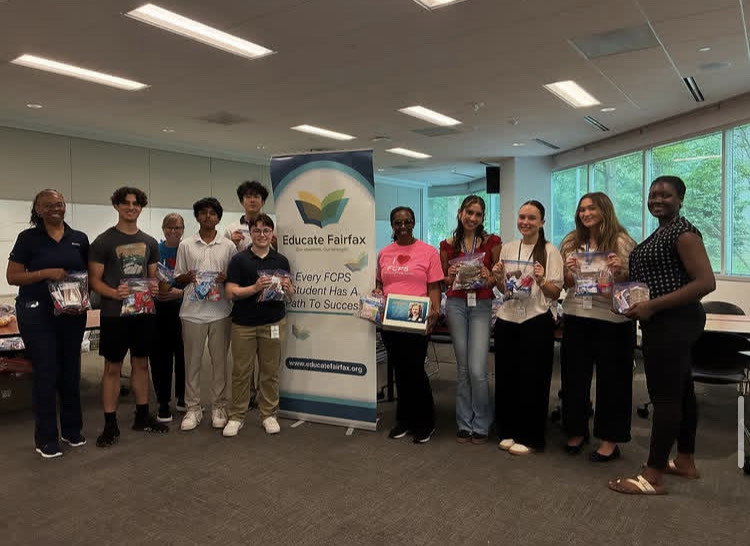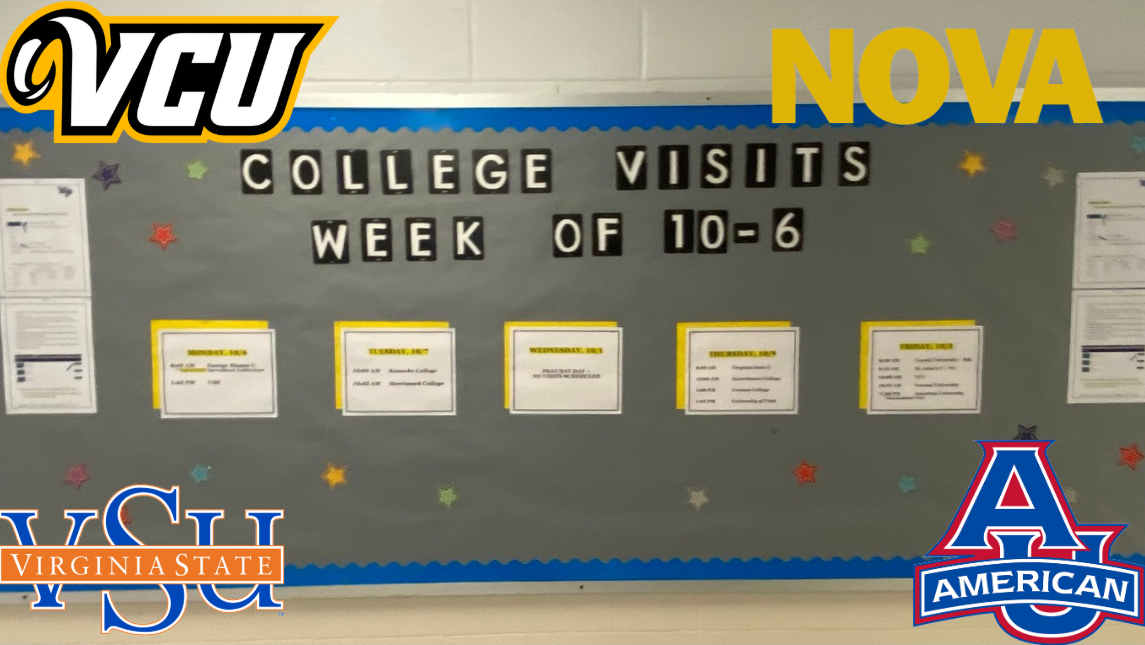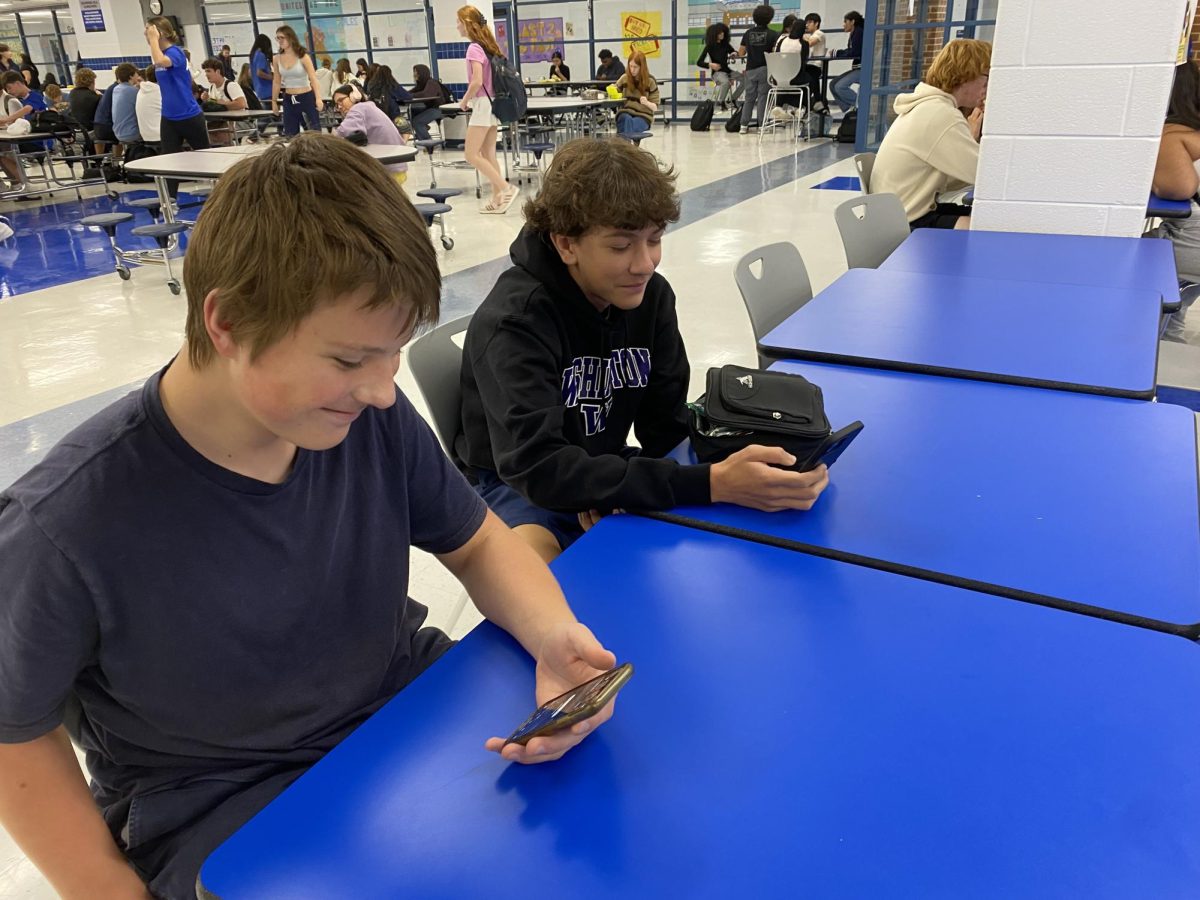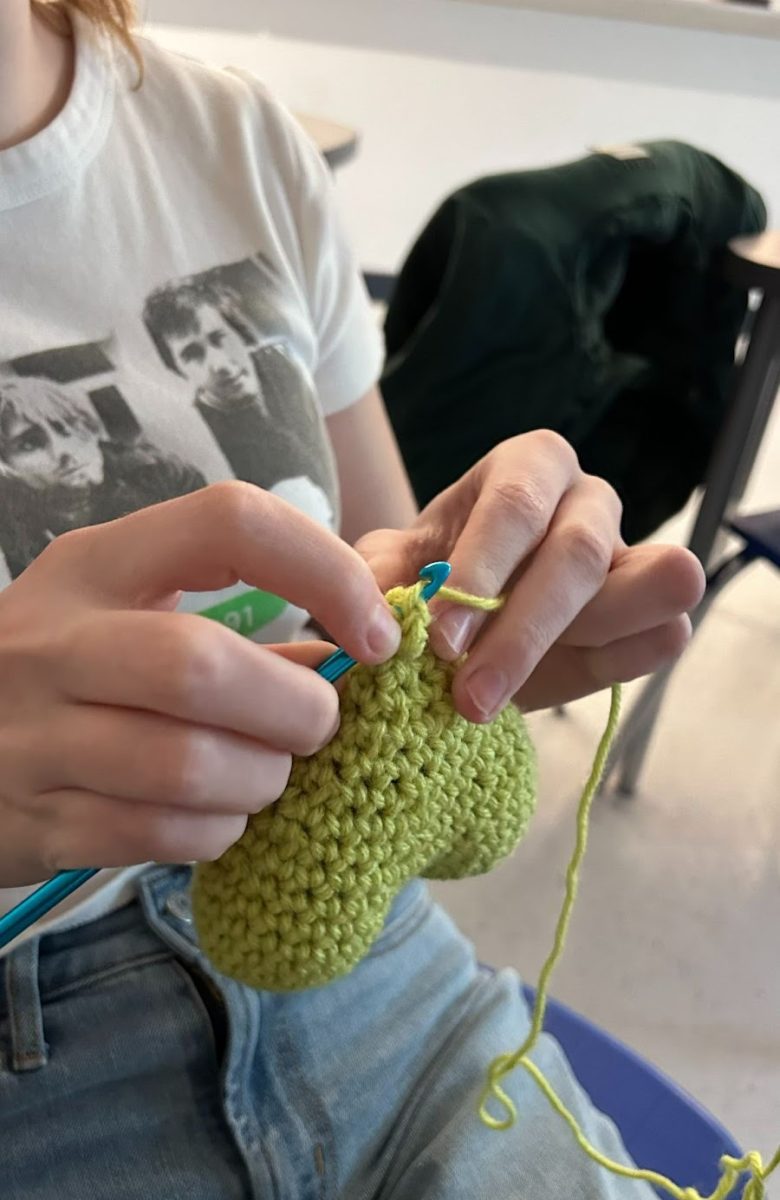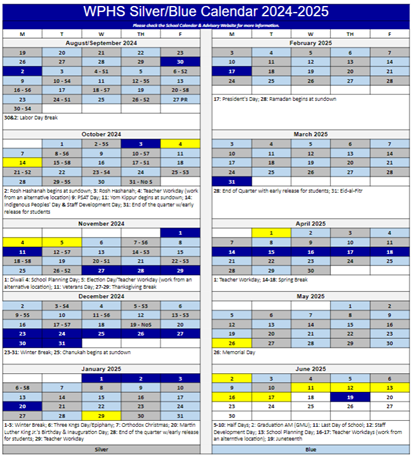
Last year, West Po students were able to be requested by their teachers to go to their rooms during the second half of advisory, called Wolverine Student Support Time (WSST). This allowed many students to retake tests, get help with their homework, or work on projects with classmates in different advisories. Students with loud homeroom classes could go to the library to get work done. We both took advantage of our WSST time. It was the perfect time to get our volunteer hours for French Honor Society or to retake tests and FRQs in AP World.
Unfortunately, this year students are required to go to a different class every advisory during the second half, from periods 1 to 8, leaving no time for other activities. Retaking tests and quizzes has gotten a lot more difficult as a result of the new schedule. On top of that, West Po is down to one late bus day a week, meaning most teachers only have office hours once a week. For example, instead of being able to study for our weekly U.S. History quizzes during advisory, we have had to go to our other class periods. In some cases, we had work in those classes, such as Physics assignments, or we had to go to the auditorium, which was loud; both situations made it awfully difficult to study.
What makes the situation worse is the upcoming addition of a S3 block. You would assume that the S3 rotation would be a full homeroom classroom, but rather, S3 block will be a remediation session for some students, but for others, it will be a ‘study hall’ that occurs in an entirely different class than their homeroom. The S3 block rotation will happen at the end of every week either on Thursdays or Fridays.
We understand that the reason why the school has switched from a WSST system to S-block rotations is because requested students were not going to where they were meant to go to receive help in their classes. However, having the S-block system will not change anything as students will continue not to go where they are supposed to. Having more transition periods where students are forced to go to classes that they don’t need help in, or don’t want to attend will cause more students to roam the halls as they aren’t allowed to stay in their advisories.
Instead of imposing this wildly unpopular advisory system, there are better ways to go about homeroom. We think that by adjusting the original WSST system, all students’ schedules would benefit. Each student has different needs, so by allowing students to choose whether they want to stay in advisory to study or go to a certain class to receive help would be a good solution to those differing needs. After all, West Potomac prides itself on its diverse student body, so why should this policy be implemented if it doesn’t work for all students?
However, if the administration is so focused on remediation, they should remove the S-block rotation and have one rotation during advisory once a week dedicated to that. That way, students can study for other classes during the rest of the week, and also get the remediation they need.
It’s also worth mentioning that many students use advisory as a chance to relax and unwind before their next classes. School can be very stressful and tiring, so allowing students to use advisory as a ‘brain break’ is a good way for them to deal with that stress.
Teachers and students have similar strong feelings about this year’s new advisory policies. Junior Clare White says, “This new policy will make school overall extremely difficult for students, especially because, for example, some teachers require you to go to visit them twice for retakes. Once for remediation work, and then the second time you’re actually able to retake the test, but now to do that you have to wait more than two weeks. It also makes it extremely difficult for student athletes, because staying after school [to retake tests or quizzes] means that you have to miss practice,” Clare’s feelings represent the opinions of most of the student body at West Po, and also the opinions of countless West Po teachers.
Mr. Daniel Baldwin, history teacher, has concerns, “I think students should be trusted to make the choices about what they need to work on to improve their grades. In this system, I don’t see any student voice involved.” Also adding, “When you decrease opportunities that students can come in and retake, it stresses students out, which stresses me out. I think you need to isolate and work on those problems before you completely scrap and create a whole host of new other problems.”



